Juice cleanses: what are the benefits and are they dangerous?
Many are looking to start 2023 with the mantra of ‘out with the old and in with the OJ’
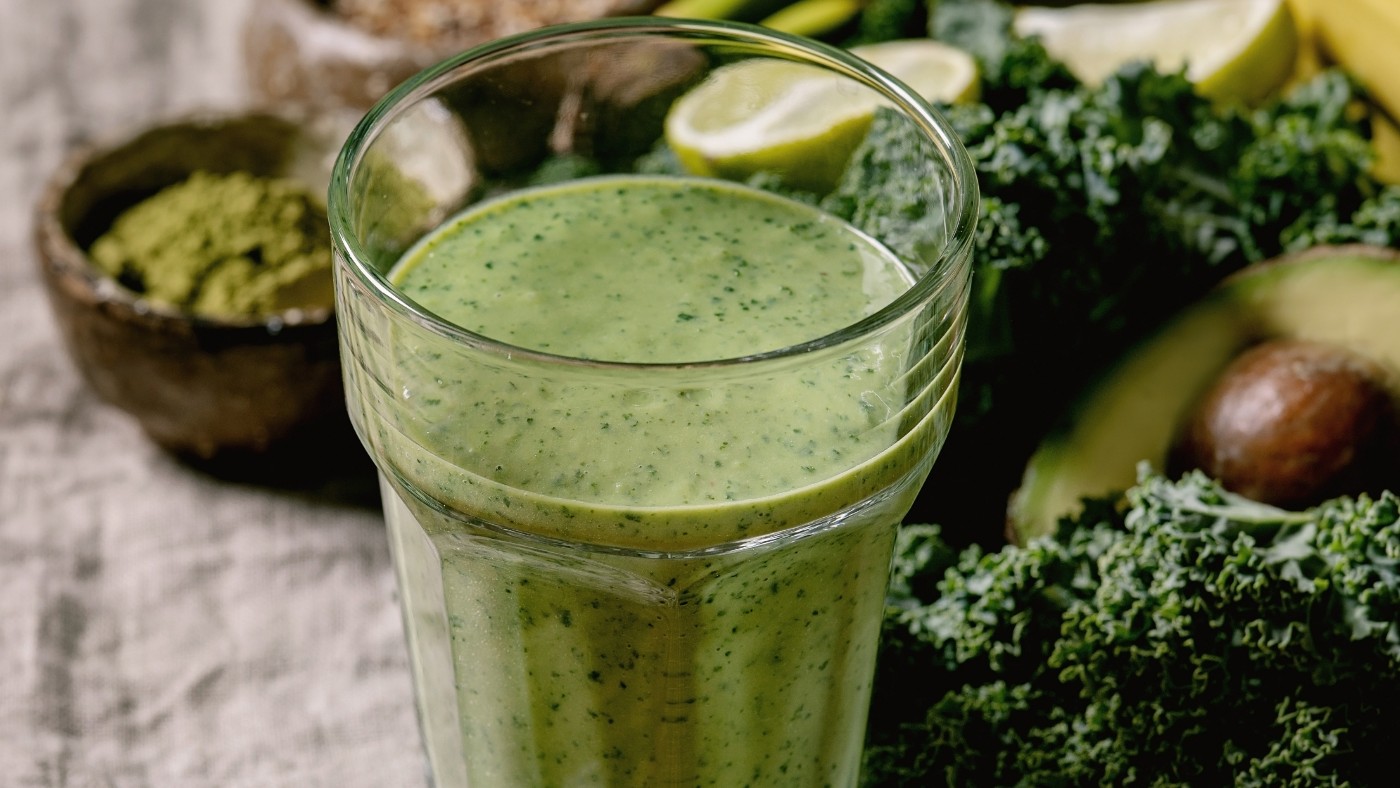
A free daily email with the biggest news stories of the day – and the best features from TheWeek.com
You are now subscribed
Your newsletter sign-up was successful
As the excesses of the festive period begin to make themselves felt, a new year can bring about the rather inevitable discussion of a January detox.
From Dry January to Veganuary, there are no shortage of opportunities to begin your year with a health kick. But now there’s a new way to embody the spirit of “new year, new you”: the juice cleanse.
Once solely the preserve of the rich and famous, juice cleansers have become a lucrative business model worldwide, with the cold-press market expected to be “worth up to $8.1 billion dollars by 2024”, said The Independent’s Linda Taylor.
The Week
Escape your echo chamber. Get the facts behind the news, plus analysis from multiple perspectives.

Sign up for The Week's Free Newsletters
From our morning news briefing to a weekly Good News Newsletter, get the best of The Week delivered directly to your inbox.
From our morning news briefing to a weekly Good News Newsletter, get the best of The Week delivered directly to your inbox.
Taylor’s own experience of a juice detox was positive, despite her initial apprehension. “I never imagined I could go five days without solids,” she wrote. However, some have raised concerns that such cleanses aren’t as effective – and safe – as juice companies might want you to believe.
What is a juice cleanse?
Fruit and vegetable juices are high in nutrients and doctors agree they can play an important role in balanced diets. “Some people believe that only consuming these juices for a period can help ‘cleanse’ the system and provide various health benefits,” said Medical News Today.
The manufacturers claim the juices contain nutrients that fight toxins, detox the body, and boost immunity and health. Taken anywhere from three to ten days straight, a cold-pressed juice cleanse can work as a detox diet, with advocates saying it reduces the energy required for the breakdown of food as cells absorb liquid nutrients from the raw ingredients faster.
“Juicing allows you to get lots and lots of nutrition in a very concentrated way, so I think that’s where our society goes. People want it faster, quicker, better – more,” Eric Helms, Juice Generation founder and CEO, explained to Forbes.
A free daily email with the biggest news stories of the day – and the best features from TheWeek.com
Can you eat during a juice cleanse?
It’s really up to you. Many dieticians recommend supplementing the juices with healthy, minimally processed foods such as proteins (like salmon and eggs) or fats and oils (like coconut and olive oil).
But “if you really want to knock out your juice cleanse without eating any solid foods”, said health and wellbeing website Greatist, “try including some fat-, protein-, and fiber-rich additions in your juices to give them some additional staying power. Some good examples include avocados, nuts and seeds, and coconut milk or cream,” the website added.
Are juice cleanses good for you?
The internet is awash with positive anecdotal reviews of juice cleanses – as well as horror stories. “Not only did it put my body through a roller coaster of stomachaches, cramps, fainting spells and a lack of focus, but I also never accomplished my goals of feeling better and losing weight,” said Tara Fuller in The Washington Post.
The Independent’s Taylor had the opposite experience. “At the end of five days, I did feel smug, and did I mention that I lost 4lbs? More importantly, I felt great, full of energy, and mentally much sharper,” she wrote.
Some experts say that due to the nutrients packed in fruits and vegetables, such as vitamin C, juice cleanses can help some people feel fitter with less bloating. “There aren’t solids coming in, so you’re not feeling as distended,” Ryan D. Andrews, a nutrition instructor at Purchase College in New York, told the Daily Express.
“By eliminating all or most solid foods, you’ve also removed ingredients that cause gas – a normal by-product of eating – or that you may be particularly sensitive to,” he added.
What are the downsides?
As with any change to your diet or restrictive eating, “the first thing to note is if you are physically and mentally healthy enough to participate”, said the New York Post. Those who are looking to lose weight quickly or even replace food entirely “should not try a juice cleanse, as it can be a slippery slope to disordered eating”, the publication added.
“The low calorie and low protein content of juice can also cause low blood sugar leading to headaches and dizziness,” registered dietician Mia Syn told the Post.
Juice cleanses are “controversial in the medical community because they do not usually offer long-term weight loss or wellness solutions”, said Medical News Today. Most experts “will recommend a balanced, healthful diet instead”, the website added.
Critics have also called out the booming juice cleanse industry for promoting dubious claims about the wide-ranging impact of detoxes.
“Bold advertisements” say such concoctions “can help you lose weight, cut cravings, boost metabolism and eliminate toxins, all of which sound appealing”, said Cara Rosenbloom in a separate piece for The Independent. “But do detoxes really produce these impressive results?
“Of course not,” she continued. “There’s nothing magical about drinking expensive juice made from cucumbers, celery, lemon, parsley or whichever other herbs, vegetables and fruits are tossed in.”
So should you do it?
“Many detox or juice diets are based on the idea that toxins build up in the body and can be removed by eating, or not eating, certain things,” Dr Andrew Thornber, chief medical officer at Now Patient, told Cosmopolitan in 2020. “However, while there’s no evidence that toxins build up in our bodies, juices could help improve digestion by introducing healthy enzymes that make the gut work more efficiently,” he explained.
Thornber told the magazine that a juice cleanse is usually safe to do for a day or two, but that he wouldn’t advise sacrificing solid food for any longer than that.
Relying on juice alone to detox, lose weight, or cure specific ailments “is not an effective strategy to improve your overall health”, added Verywell Fit. “The best diet is always the one that is balanced and fits your lifestyle,” the website concludes.
Jamie Timson is the UK news editor, curating The Week UK's daily morning newsletter and setting the agenda for the day's news output. He was first a member of the team from 2015 to 2019, progressing from intern to senior staff writer, and then rejoined in September 2022. As a founding panellist on “The Week Unwrapped” podcast, he has discussed politics, foreign affairs and conspiracy theories, sometimes separately, sometimes all at once. In between working at The Week, Jamie was a senior press officer at the Department for Transport, with a penchant for crisis communications, working on Brexit, the response to Covid-19 and HS2, among others.
-
 Is Andrew’s arrest the end for the monarchy?
Is Andrew’s arrest the end for the monarchy?Today's Big Question The King has distanced the Royal Family from his disgraced brother but a ‘fit of revolutionary disgust’ could still wipe them out
-
 Quiz of The Week: 14 – 20 February
Quiz of The Week: 14 – 20 FebruaryQuiz Have you been paying attention to The Week’s news?
-
 The Week Unwrapped: Do the Freemasons have too much sway in the police force?
The Week Unwrapped: Do the Freemasons have too much sway in the police force?Podcast Plus, what does the growing popularity of prediction markets mean for the future? And why are UK film and TV workers struggling?
-
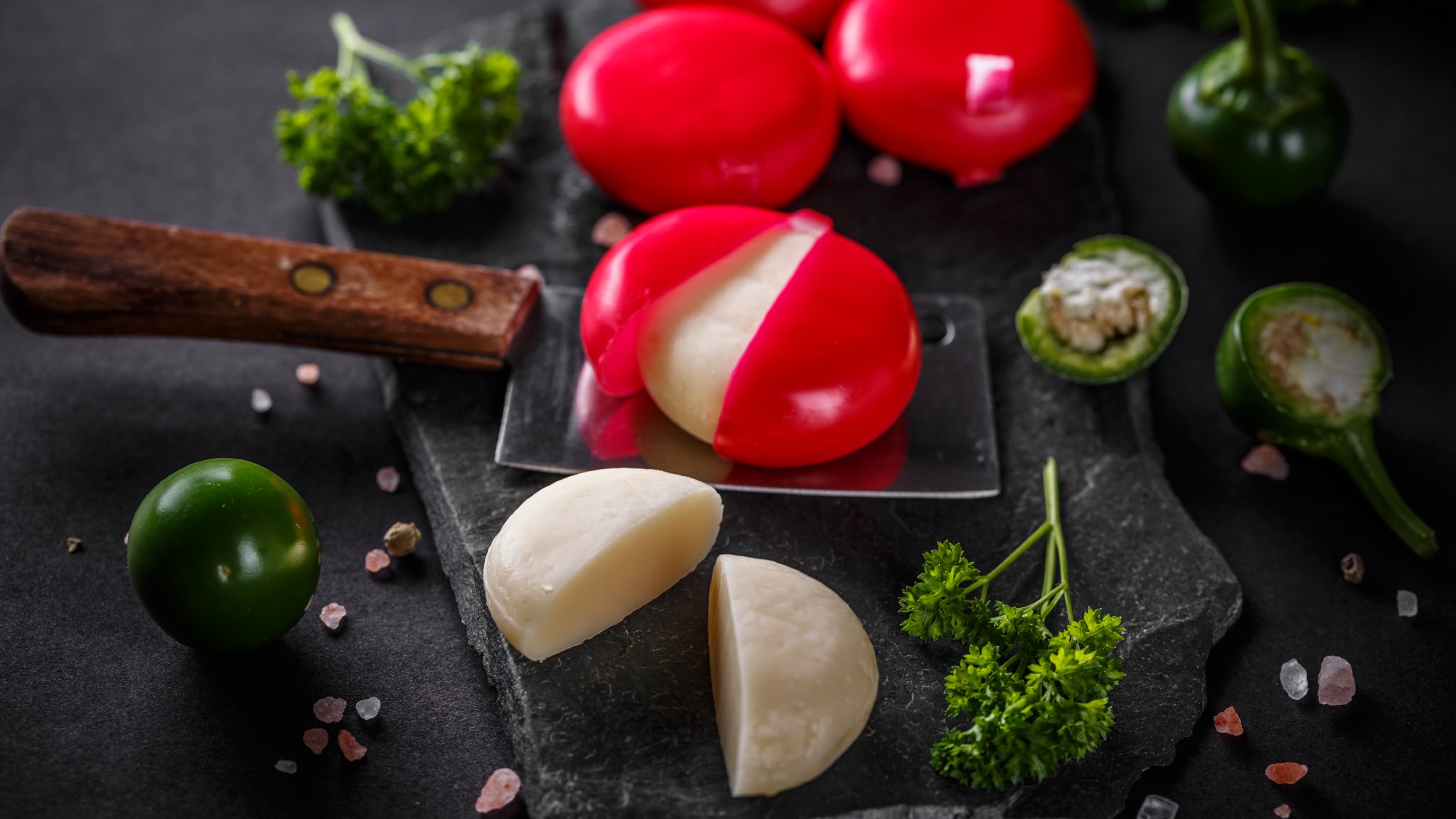 How weight-loss jabs are changing the way we eat
How weight-loss jabs are changing the way we eatIn The Spotlight Anti-obesity drugs have been a boon for Babybel but are supermarkets ready for a slimmed-down Christmas?
-
 Ozempic and its brethren are running headlong into American dining and dieting culture
Ozempic and its brethren are running headlong into American dining and dieting cultureIn the Spotlight Some restaurants are feeling the burn. So are beauty expectations.
-
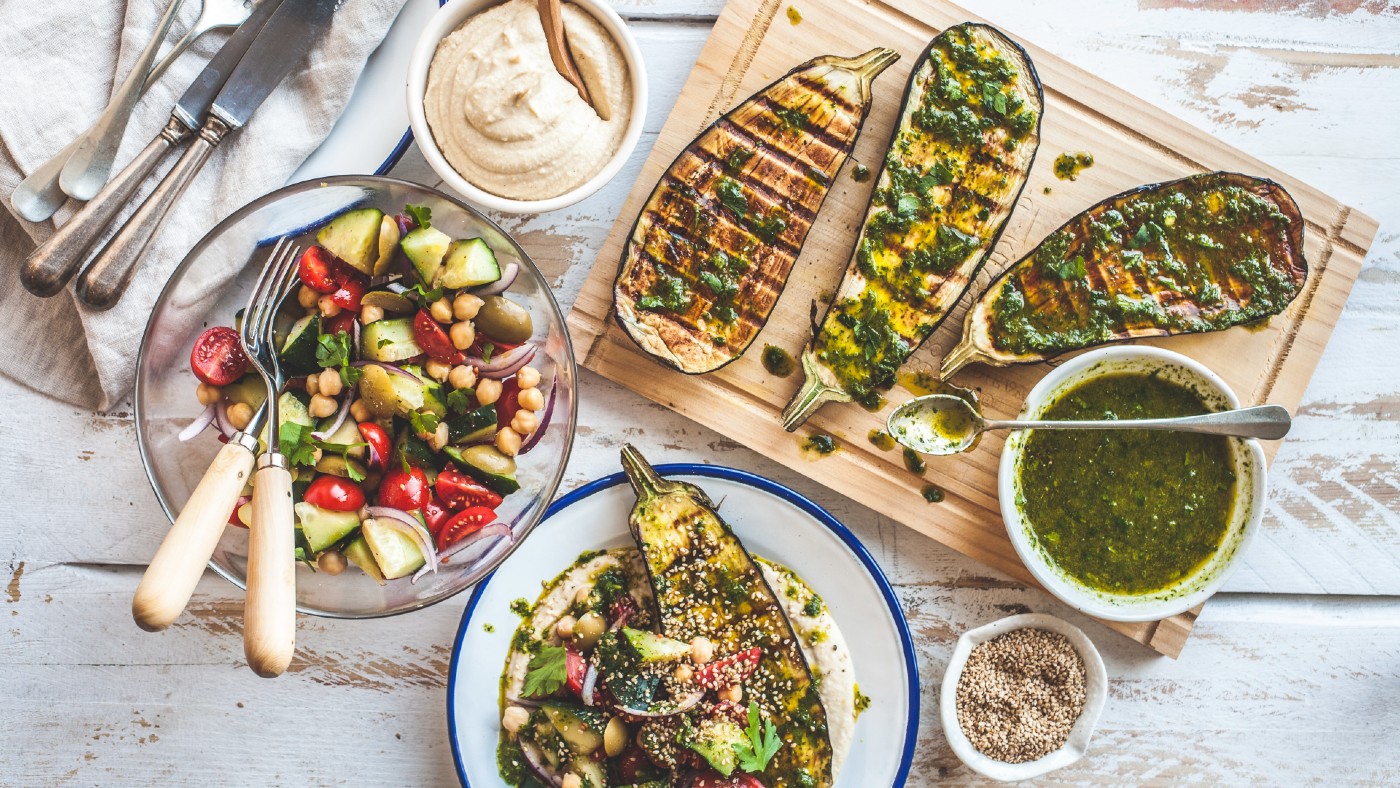 Pros and cons of a vegetarian diet
Pros and cons of a vegetarian dietPros and Cons Studies show 41% of British families are currently following a meat-free or ‘flexitarian’ diet
-
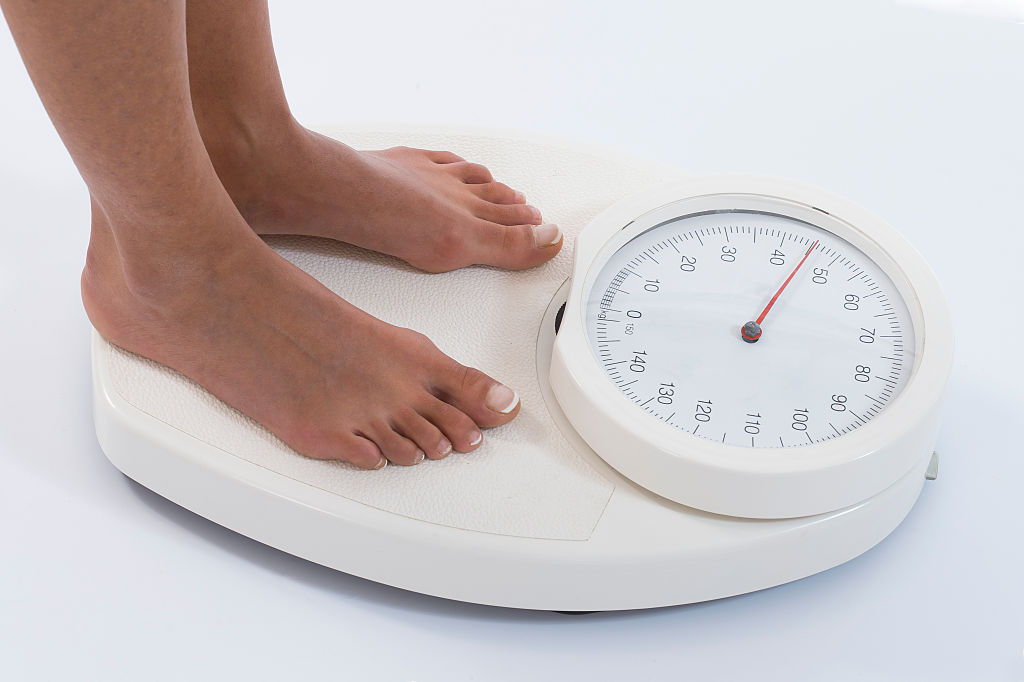 How scientists discovered that one-size diets don’t fit all
How scientists discovered that one-size diets don’t fit allfeature Research on blood sugar levels suggests that what constitutes a healthy diet depends on who is eating it
-
 The five most promising methods to extend human life
The five most promising methods to extend human lifefeature Latest research findings on biology of ageing have revealed secrets to living longer, healthier lives
-
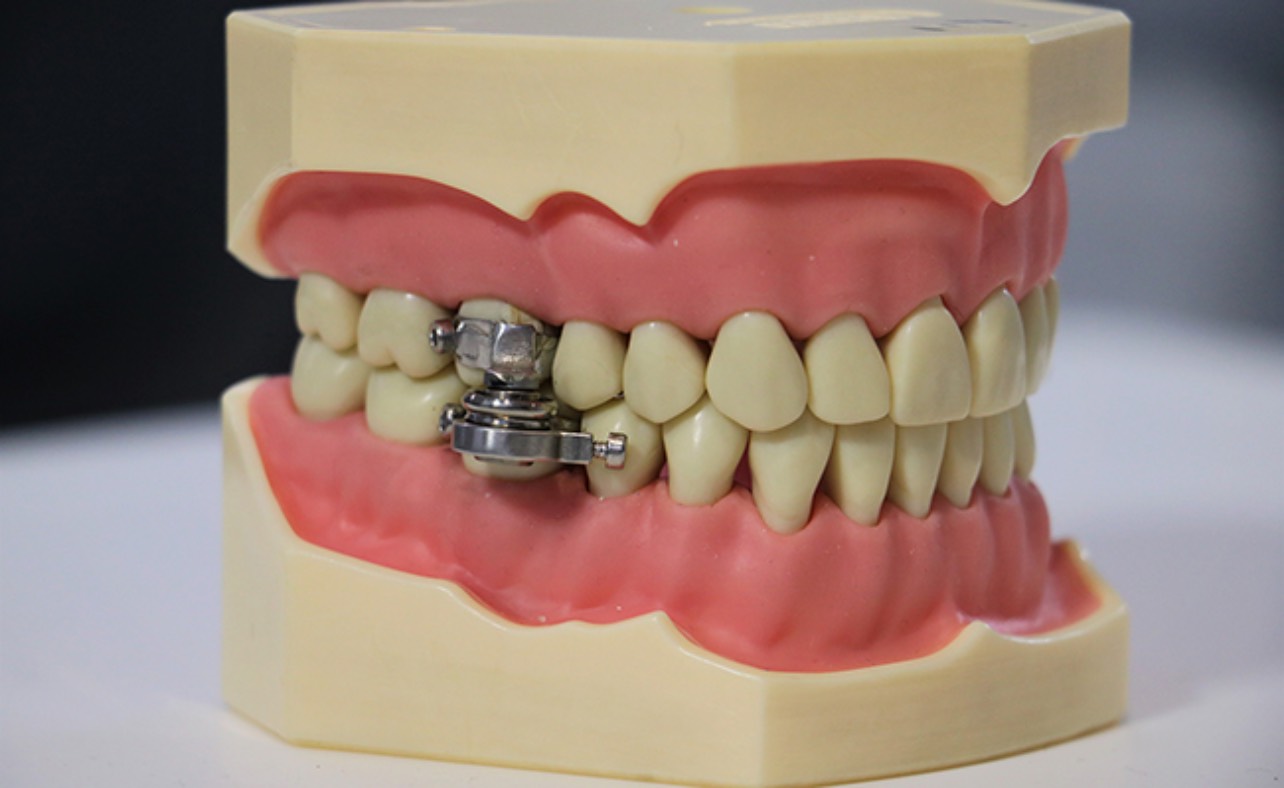 Weight-loss gadget compared to ‘medieval torture device’
Weight-loss gadget compared to ‘medieval torture device’feature And other stories from the stranger side of life
-
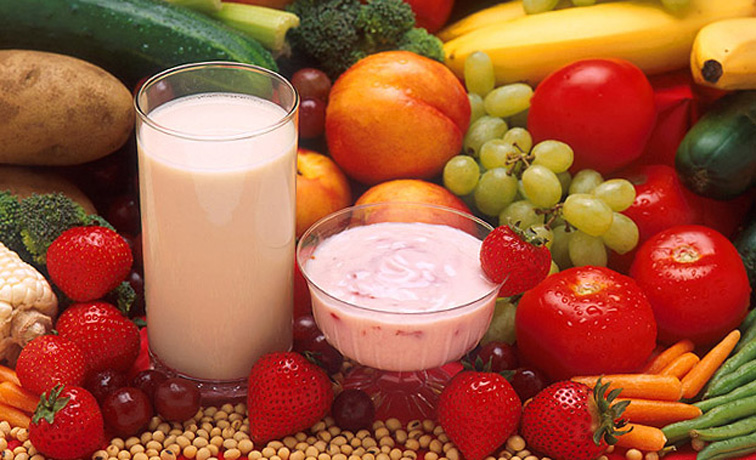 New year diets: your need-to-know guide
New year diets: your need-to-know guideIn Depth Maintaining healthy eating habits during lockdown can be a struggle - but it can be done
-
 Fasting: A fast way to good health?
Fasting: A fast way to good health?Speed Read Raimund Wilhelmi, the grandson of Dr Otto Buchinger, explains how his grandfather's fasting techniques can offer surprising health benefits